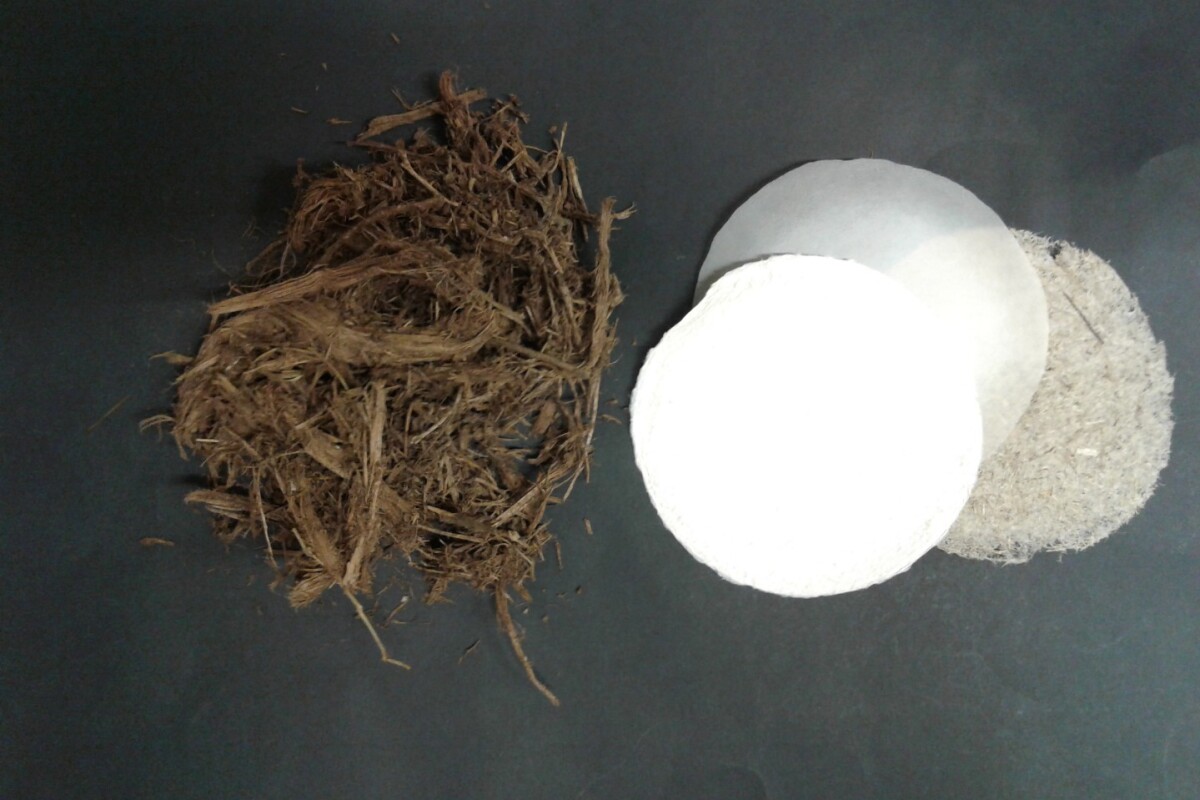Paper is typically made from cellulose fibers derived from wood, and wood isn't plentiful in places where there aren't many trees. In the near future, however, that may not be a problem, as scientists have devised a method of making paper from cow and even elephant manure.
Prof. Alexander Bismarck, who is a researcher at the University of Vienna, first got the idea when he observed goats eating dry grass on the island of Crete.
"Animals eat low-grade biomass containing cellulose, chew it and expose it to enzymes and acid in their stomach, and then produce manure," he says. "Depending on the animal, up to 40 percent of that manure is cellulose, which is then easily accessible."
This realization prompted Bismarck and colleagues to start experimenting with horse, cow and elephant dung. They developed an inexpensive process in which the manure is first treated with a sodium hydroxide solution in order partially remove the organic polymer lignin, along with other impurities such as proteins and dead cells.
The resulting pulp is subsequently bleached with sodium hypochlorite to remove the rest of the lignin, and to give the pulp a white color. It is then used to make paper which can be written on, or used in applications such as reinforcing polymer composites, or filtering wastewater before it's released into the environment.
Not only does the process make use of a waste product, but it also requires less energy and fewer chemicals than wood-based paper production, as the animals have already ground up and partially digested the raw material. Additionally, the lignin that's removed can be used as fertilizer or fuel, plus it's possible that before being used to make paper, the manure could first be utilized to produce biogas.
The research was presented this Wednesday at the 255th National Meeting & Exposition of the American Chemical Society.
Source: American Chemical Society




